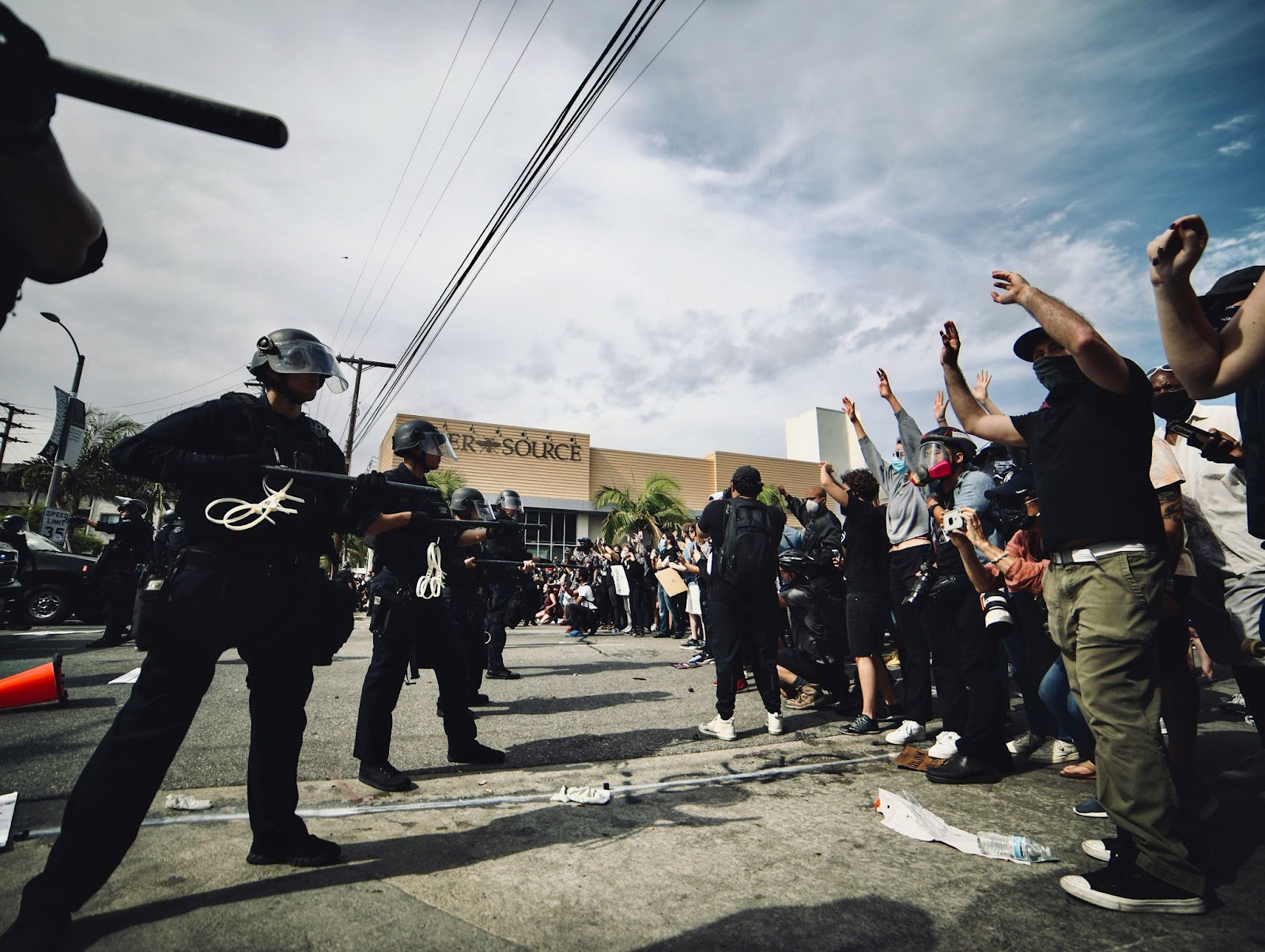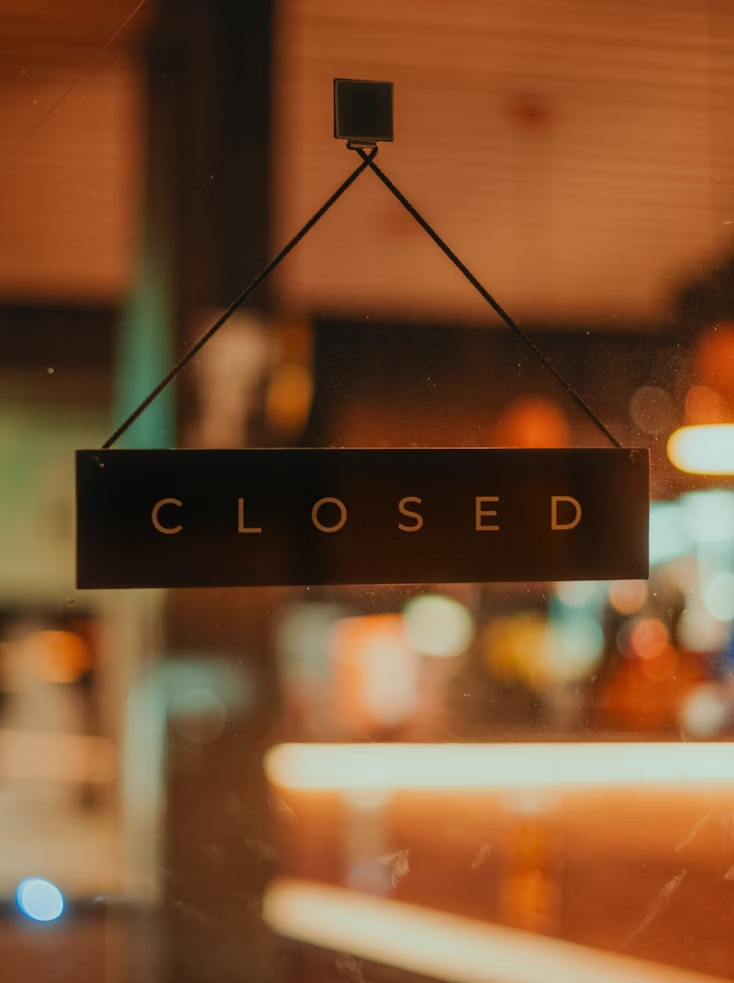Image credit: Unsplash
West Hollywood’s vegan culinary scene is set to receive an upgrade with the introduction of Soul Food Sundays at Ubuntu, a West African-inspired vegan restaurant. The new dining experience, curated by Chef Shenarri Freeman, is scheduled to make its grand debut on January 14, 2024. Chef Shenarri’s unique offering represents a fusion of soul food and vegan cuisine.
Ubuntu, which opened its doors on August 1, 2023, has already made significant waves in the plant-based dining community. The restaurant is the brainchild of 2022 James Beard Award semifinalist Shenarri “Greens” Freeman and 2022 James Beard Award nominee Ravi DeRossi of Overthrow Hospitality. Ubuntu’s menu is an ode to West African culinary traditions, infused with Chef Shenarri’s innovative approach to vegan cuisine. Drawing inspiration from countries like Senegal, Nigeria, and Ghana, Ubuntu presents an array of dishes that redefine the plant-based dining experience.
The Soul Food Sundays event promises to bring a slice of New York City’s renowned vegan soul food haven, Cadence, to the heart of West Hollywood. Chef Shenarri, known for her creative and flavorful dishes, will introduce a selection of her most cherished creations to Ubuntu’s guests. The menu features an array of mouth-watering options, including Southern Fried Lasagna, a unique blend of comfort food and innovation; Biscuits & Gravy with a mix of porcini mushrooms, carrots, and buttermilk; and the crowd-pleaser, Fried Oyster Mushrooms & Waffles.
For those with a sweet tooth, the Maple Buttermilk Cornbread served with sage maple syrup and jam is a must-try. The menu also includes Collard Green Wraps with succotash and chickpea miso broth, Palm Cake with heart of palm and chipotle aioli slaw, seasonal cobblers, and an irresistible Lemonberry Cake.
Complementing these culinary delights is a selection of expertly crafted cocktails by mixologist Sother Teague. Guests can enhance their dining experience with drinks like the Salted Maple Old Fashioned and Jerk-Spiced Lemon Tea, adding a refreshing twist to the soul food theme.
Ubuntu’s commitment to plant-based dining is evident in its diverse and inventive menu. Signature dishes such as Jackfruit Yassa, Curry Jollof Arancini, Seitan Suya, and Charred Okra Salad highlight the versatility and richness of the vegetables used. The restaurant also takes pride in its curated selection of wines from Black-owned vintners, adding an extra layer of sophistication and community support to the dining experience.
Soul Food Sundays at Ubuntu are not just a dining event. They represent a fusion of cultures, cuisines, and communities. This weekly affair, running from 2 to 8 pm, invites guests to explore the depths of vegan soul food in a setting that celebrates the flavors and traditions of West Africa.
Ubuntu is more than a restaurant. It’s a culinary destination where every dish tells a story and every bite is a journey. Located at 7469 Melrose Ave, Los Angeles, CA 90046, Ubuntu is poised to become a staple in the West Hollywood vegan food scene, offering a unique and memorable dining experience.
For those eager to be part of this culinary extravaganza, reservations and more information are available at UbuntuLA.com.


